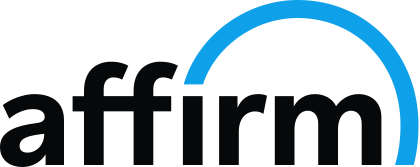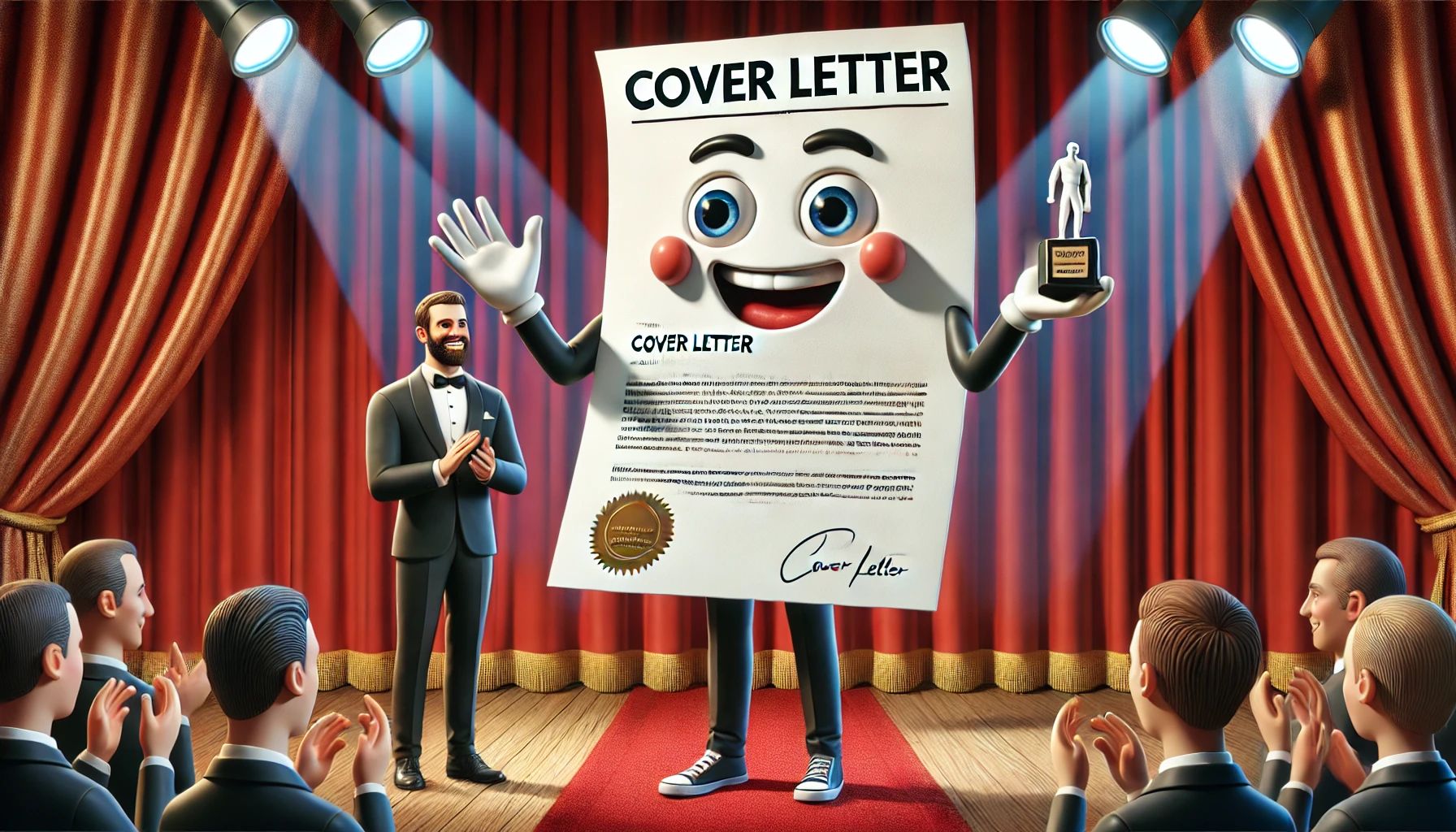 Influenced by technological advancements and shifting employer priorities, resume strategies for navigating the job market are evolving more rapidly than ever. With 57% of hiring managers whizzing through resumes in 3 minutes or less (22% taking less than 1 minute), it is imperative your job search tools stay on the cutting edge to make the cut. So, with that in mind, let’s examine a few resume strategies and actionable tips can help you navigate a changing job market and give you a competitive edge.
Influenced by technological advancements and shifting employer priorities, resume strategies for navigating the job market are evolving more rapidly than ever. With 57% of hiring managers whizzing through resumes in 3 minutes or less (22% taking less than 1 minute), it is imperative your job search tools stay on the cutting edge to make the cut. So, with that in mind, let’s examine a few resume strategies and actionable tips can help you navigate a changing job market and give you a competitive edge.
Resume Strategy #1: Build a Skills-focused Resume
Hard skills are job-specific abilities or experience. Soft skills are character traits that affect how you work with others. Showcasing the skills you bring to the table will help recruiters identify you quickly. Resume Genius’s “Hiring Trends Survey” found that 65% of managers will hire you for your skills alone.
Hard Skills: Recruiters are prioritizing candidates with specific tech-based hard skills relevant to today’s digital workplace. Highlighting these skills on your resume is crucial, as they play a significant role in hiring decisions. Examples would be:
- Artificial intelligence
- Machine learning
- Data science
- Cybersecurity
- Digital marketing
Soft Skills: While technical skills are important, soft skills are also highly valued. Hiring managers look for qualities such as creativity, analytical thinking, and adaptability when building a balanced workplace community. Use examples and metrics whenever possible, to support how these skills improved or benefitted your situation. Some examples include:
- Creative and analytical thinking
- Problem solving
- Curiosity and lifelong learning
- Resilience, flexibility, and agility
Resume Strategy #2: Use Tools to Help Beat ATS and Automation
Automation tools such as applicant tracking systems (ATS) are becoming more prevalent in the HR arena. To ensure your resume gets through these systems they must be in an easy-to-scan format and include relevant keywords. Tools such as resume parsers can help you prepare your resume for ATS compatibility.
Resume Strategy #3: Don’t Be Afraid to Show Freelance Work
With an increase in gig culture and freelance work, contracted jobs and side projects have become valuable assets on resumes. Employers appreciate candidates who show initiative and adaptability through diverse work experiences, but only include situations that are pertinent to the job.
Resume Strategy #4: Manicure (and Watch) Your Online Presence
Your online presence can make or break your job search. Make sure it is up-to-date and edited for the audience you are intending. Let’s dig in a little bit, shall we?
Social Media: Many employers check candidates’ social media profiles, making it essential to manage your online image carefully. LinkedIn remains the top platform for professional networking, but don’t neglect other social media channels. Now, let’s talk engagement. In the middle of a search and have strong opinions that could be polarizing?
Keep them to yourself.
Remember, the likelihood is that half of your audience won’t agree with anything that you have to say there. And we don’t want a decision making hiring manager being on the other side of that, now do we? And please don’t think that multimillion-dollar companies can’t find a way to get through to your profile even though you have it listed as private.
(Spout off if you must, just know that there will be a consequence. And don’t say I didn’t warn you.)
Portfolios and Websites: An online portfolio can be a powerful tool to demonstrate your skills and achievements. It enhances your resume by showcasing your skills and achievements through real examples, allowing employers to see your capabilities in action. It also offers a dynamic platform to present diverse projects, multimedia, and testimonials that a traditional resume cannot fully capture, providing a comprehensive view of your professional journey.
Ensure your portfolio is easily accessible via your social media profiles and curated for the job you are seeking. You’ll have something that be easily updated, ensuring that your most recent work and accomplishments are always visible to potential employers. It also helps to build a personal brand, making you stand out from the competition by highlighting your unique strengths and professional story in a visually engaging manner.
Resume Strategy #5: Use AI Wisely
AI tools can help streamline the resume creation process, but use them carefully. While AI can suggest improvements, it’s still important to personalize your resume to avoid potential pitfalls like inaccuracies or lack of originality. 53% of hiring managers dislike resumes that include AI content, with 20% considering it critical enough to prevent them from hiring a candidate.
Resume Strategy #6: Target Your Resume Submissions (when you can)
Of all the resume strategies that will get you tossed, using a generic all-purpose resume is the worst. In a world of keywords and search, it is simply ineffective in today’s competitive job market. Targeting your resume to each job listing by incorporating specific keywords and relevant experiences will improve your chances of getting noticed. Pay close attention to the job description and highlight your most relevant skills and experiences that align with it.
The idea is not to mirror the job vacancy, but your reader should definitely see where things line up. It is all about checking boxes for most of these front-line resume reviewing professionals. Check enough of those boxes and you make the interview chair. A generic resume means you are playing Russian Roulette and just hoping that they see what they need. (That’s no way to live, if you ask me)
Resume Strategy #7: Be Descriptive (but keep it succinct)
Yes, this is a bit of a balancing act, but such is the art of resume strategies development. If your career has any significant length to it, you likely are a candidate for a 2-page resume. I know, I know, some of you out there are saying: “But I’ve always been taught to keep it to a page!” Yes, when you were in college with zero experience.
Did you know that 54% of hiring managers prefer 2-page resumes? While the length of the resume is less important than the quality and delivery of the information, anything longer than 2 pages will likely not be read. if going with a 1-page offering, it should reflect the quality of experience and include all pertinent details and metrics.
But be careful not to make it too condensed and content-dense. That’s when you get into biting off one’s nose to spite one’s face. It might be a single page, but when your resume is number 225 of 250, no one is going to read it if you’re using a tiny font and there is no white space to let the eyeballs rest.
So, there you have it. A plan of attach laid out for you to succeed in today’s job search jungle. But if you feel you have trouble implementing these strategies, just remember that a guy like me is ready to take over at any time (I’m just saying).













